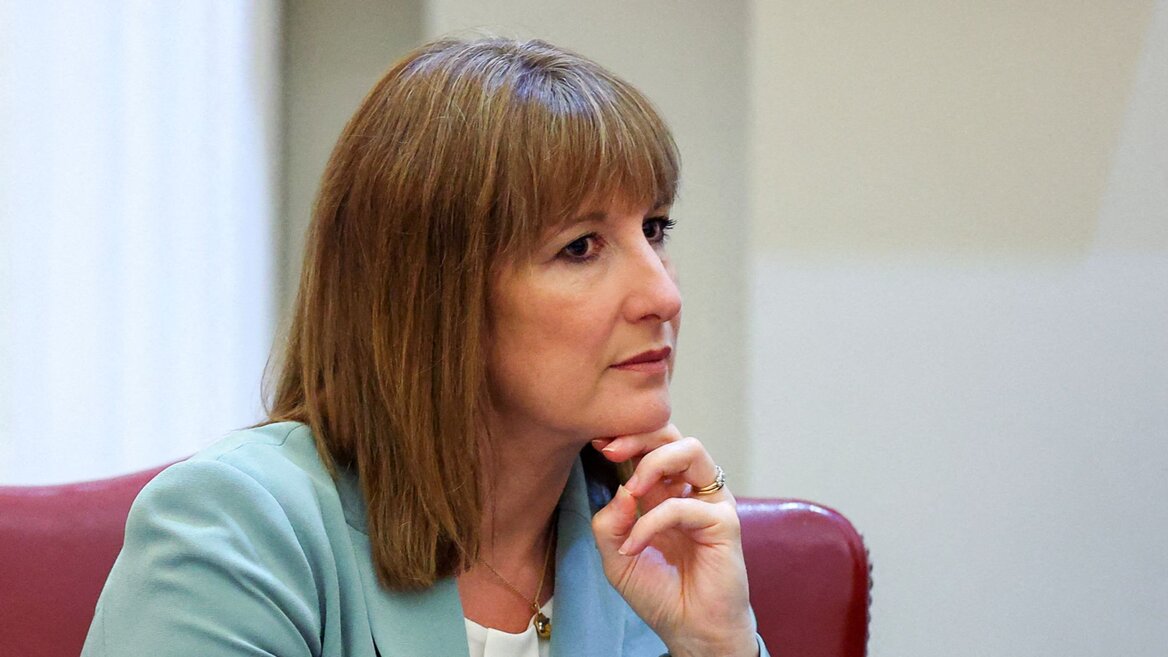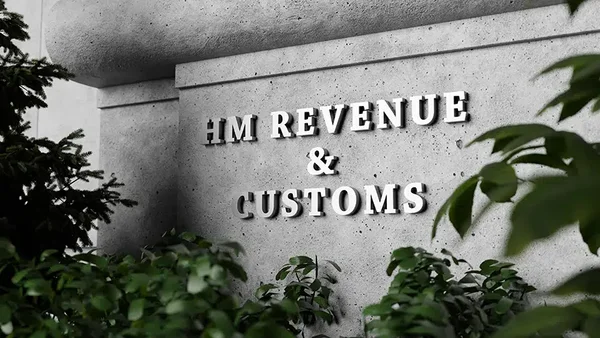CBI under fire for urging rethink of Labour’s tax promises
Critics say higher personal taxes risk hurting growth and trust
The Confederation of British Industry (CBI) has reignited debate over Labour’s economic strategy after suggesting the government may need to revisit its manifesto pledge not to raise income tax, national insurance, or VAT.
Rain Newton-Smith, Director General of the CBI, argued that changing global and domestic conditions mean ministers should not feel bound by promises made before the 2024 general election. With Chancellor Rachel Reeves set to deliver the Autumn Budget on 26 November 2025, the intervention highlights growing tensions between business, voters, and policymakers about how best to balance the books.
CBI’s call for tax flexibility
Speaking publicly this week, Newton-Smith warned against what she described as “slavish adherence” to pledges that may no longer fit today’s economic circumstances. She argued the government should focus on “long-term strategic tax reform” rather than relying on one-off fixes or excessive levies on corporate profits.
Labour’s 2024 manifesto promised not to raise the three biggest revenue sources for the Treasury income tax, employee national insurance contributions, and VAT. Reeves has repeatedly reaffirmed this commitment, telling MPs last month that the government is “protecting payslips for working people”.
Concerns from critics
Critics argue the CBI’s stance risks alienating ordinary households at a time when many are already squeezed by high living costs and “fiscal drag”, which is pulling more workers into higher tax bands. While corporate tax burdens have increased in recent years, opponents say shifting the pressure onto employees would harm consumer spending, dampen growth, and weaken public trust in business.
Some economic commentators have described the approach as short-sighted, warning it could lock the UK into a cycle of high taxes and weak growth. Others say the CBI should be pressing harder for spending discipline and pro-growth reforms, rather than signalling acceptance of new personal tax rises.
Polling and public opinion
Although specific polling figures remain contested, surveys in recent months suggest public appetite is more focused on tax cuts than rises. Several polls indicate that a majority of voters would prefer lower taxes, even if it means less government spending. This suggests the CBI’s message may be out of step with the electorate, including many Labour supporters.
The tension between business lobbying and public opinion risks creating further pressure on Reeves as she prepares her Budget.

Fiscal pressures mounting
The Office for Budget Responsibility is expected to downgrade growth forecasts later this autumn, leaving the Treasury facing a projected gap of up to £20bn–£30bn over the next five years if it is to meet Labour’s self-imposed fiscal rules.
Borrowing costs have also risen faster in the UK than in many other G7 countries. Analysts say April’s rise in employer national insurance contributions added to inflationary pressures, with businesses passing costs onto consumers through higher prices. The government’s failure to advance welfare reform earlier this year has further dented investor confidence.
Risks to labour markets and competitiveness
Higher personal taxes would not only affect consumer spending but could also make it harder for businesses to recruit and retain staff. Economists warn that reducing take-home pay discourages people from working longer hours, seeking promotions, or staying in the UK workforce.
There are also fears that heavier taxation could dampen entrepreneurship, with fewer people willing to start new businesses or invest in riskier ventures if the rewards are eroded by tax.
The bigger picture
The row over the CBI’s stance underscores a broader dilemma for the UK economy: how to close the fiscal gap without undermining growth. Some analysts argue that the debate risks becoming trapped in a “doom-loop” of higher taxes and sluggish expansion, unless more ambitious steps are taken to boost productivity and restrain spending.
For now, Reeves has held firm to Labour’s election promises. But with the Budget fast approaching, the balance she strikes between revenue-raising, spending control, and economic growth will shape not only Labour’s credibility but also Britain’s recovery prospects.

Final Summary
The CBI’s call for Labour to reconsider its tax pledges has divided opinion. While the business lobby insists economic realities have changed, critics argue that shifting the burden onto households risks harming growth and eroding trust. With a £20–30bn fiscal gap looming, Chancellor Rachel Reeves faces an unenviable task at the November Budget: finding revenue without undermining the very growth Britain needs.











